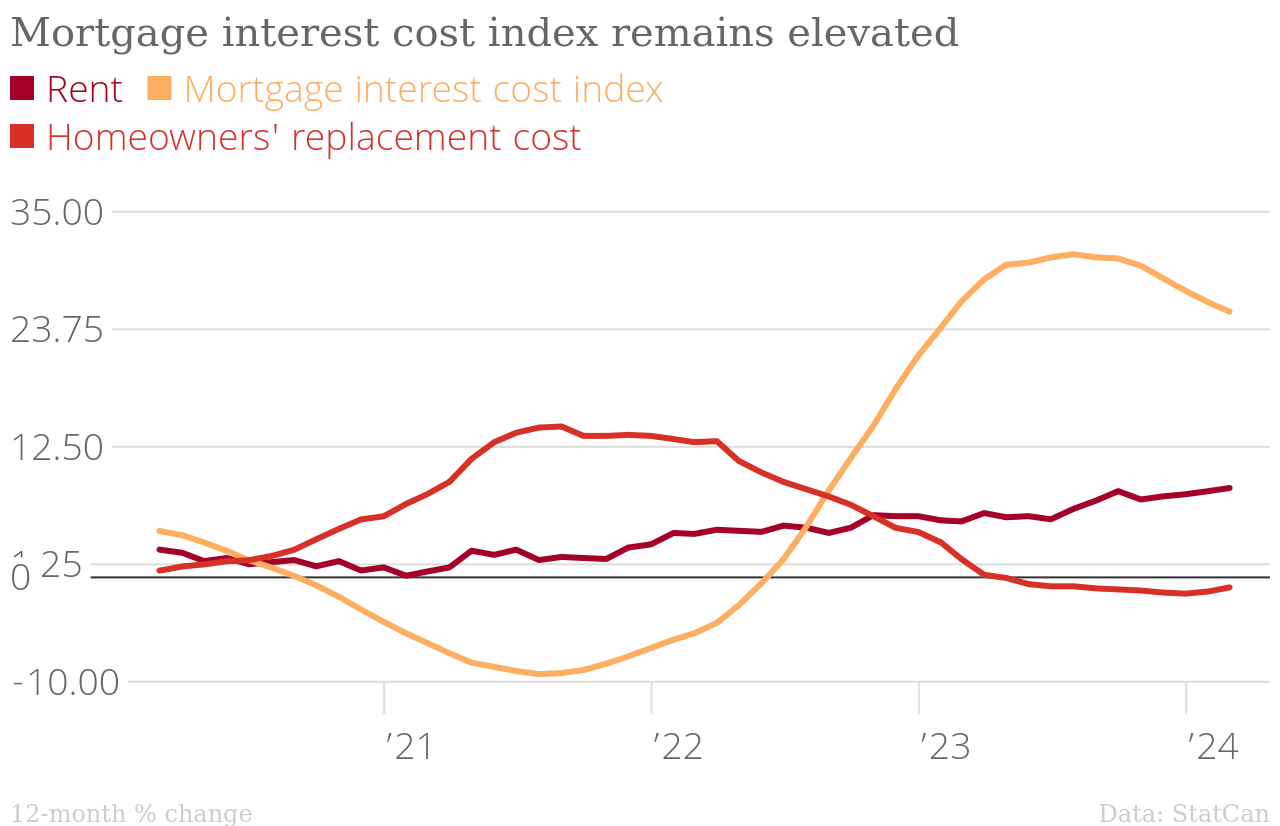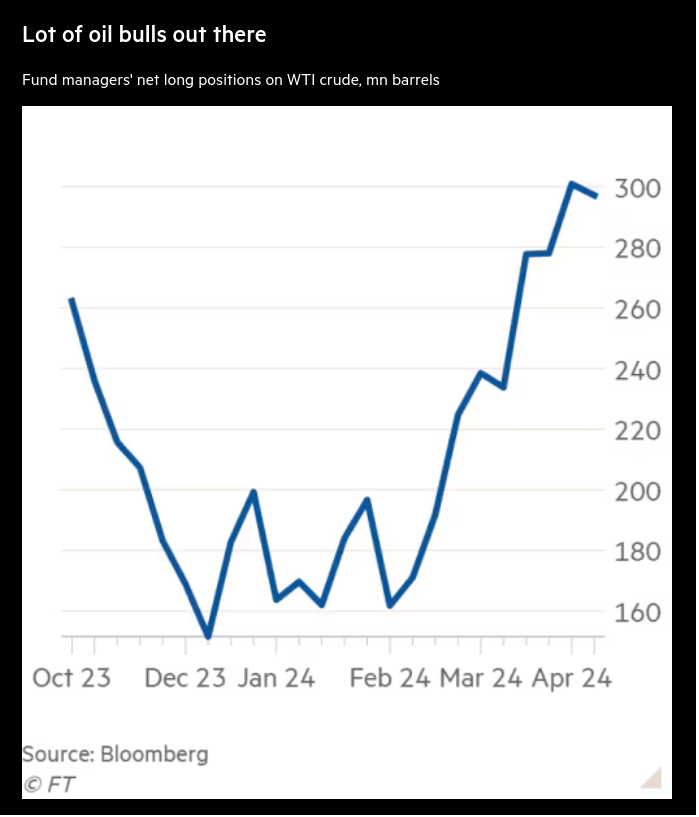April 16, 2024
Multifactor Productivity
Statistics Canada has release multifactor productivity measure for 2022. They are unsurprisingly up compared to 2021.
2022 is such a strange year for stats I am kind of surprised there isn't a giant red banner at the top of the page yelling "don't do analysis on this data".
Multifactor productivity, measured as output per unit of combined labour and capital inputs, increased 0.6% in the Canadian business sector in 2022, following a decline of 2.2% in 2021.
The main headline is at the bottom of the page:
Lower investment in capital since 2015 contributes to slow productivity growth
- 1980 to 2000 labour productivity: 1.8% per year
- 2015 to 2022 labour productivity: 0.8% per year
The main factor affecting the productivity of labour was lower investment in fixed capital since 2015.
Skills upgrading within the workforce was not an insignificant part of that.
Neither are surprising, but it does align with our continued analysis of what should be done to fix the issue. As long as we remember labour productivity usually leads to local job loss and that new jobs need to be created in those same communities.
CPI is up
- 2.9% year over year (compare to 2.8 in Feb)
- Food is up 1.9%
- Shelter is up 6.5% (rent 8.5%, but replacement costs in deflation territory like in Feb -1%)
Services, shelter, and gas prices are the main price drivers, similar to what we just saw in the USA.
And, similar to what Canada saw in February. Basically, components of CPI are doing the same thing as last month.
Rent prices continued to climb in March, rising 8.5% year over year, following an 8.2% increase in February.

Note: that the June CPI numbers will use the updated basket and alternative data.
Crude Oil Prices
Oil is fluctuating a lot these days.

Oil is mixed-up in geopolitics, global production cartels, and costs of investment. And, we are extracting and producing more oil by-products now than ever.
One does wonder how we square this circle with the fight against climate change.
Twitter is objectively bad for you
- Twitter (X) usepredicts substantial changes in well-being, polarization, sense of belonging, and outrage
That's the title of the paper. No shock there for those who use the platform.
passive usage was associated with lower well-being, social usage with a higher sense of belonging, and information-seeking usage with increased outrage and most effects were driven by within-person changes.
The two main take-homes of the study are:
- that people respond to Twitter-type social platforms differently depending on their age, gender, and how they use the platform. In some cases, the results can be positive for some people.
- most people don't use twitter and the rest do not use it the way you think that they do.
It is entertainment for most folks in the same way as watching bad shows on TV. In my view, the value of the platform cannot be understated.